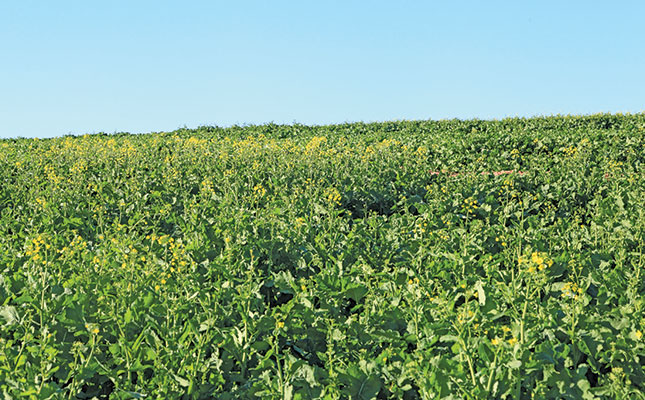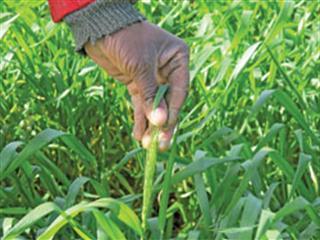The annual maize cultivar trials conducted by the Agricultural Research Council’s Grain Crop Institute (ARC-GCI) assists maize producers in deciding which cultivars to plant each season. The correct cultivar choice can significantly reduce farmers’ risk.
Yield-reliability values are key to cultivar planning. The yield-reliability value represents the minimum yield of a particular cultivar at a specific potential. This can be obtained in nine out of 10 seasons. When calculating yield-reliability values, the yield tendency, average yield and stability are taken into consideration.
Using the tables In the first two tables of yellow and white maize respectively, the yield-reliability values at different yield potentials and the average yield for the set of trials are presented. The slope of the regression line indicates the yield tendency. If the slope is greater than 1, it is a higher-potential cultivar. If it is smaller than 1, it is a lower-potential cultivar, while a value near or equal to 1 indicates a widely adapted cultivar.
Yield stability is indicated by the D²-values. With D²-values approaching zero, the cultivar can be more stable and predictable in yield achievement. The greater the D²-values, the more the yield varies between seasons.
In this series we’ll look at yield-reliability values of different cultivars covered in the 2009/10 ARC trials according to the different production areas. KwaZulu-Natal is under the spotlight in this issue, with the rest of the series covering western, eastern and short-grower hybrids under irrigation.
Contact Dr Safiah Maali of the Grain Crops Institute on 018 299 6100.













